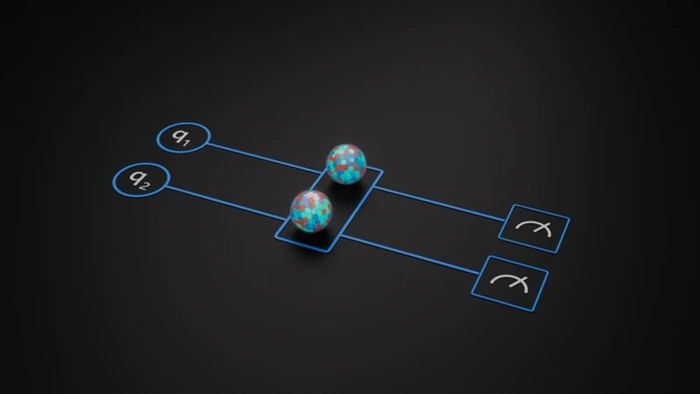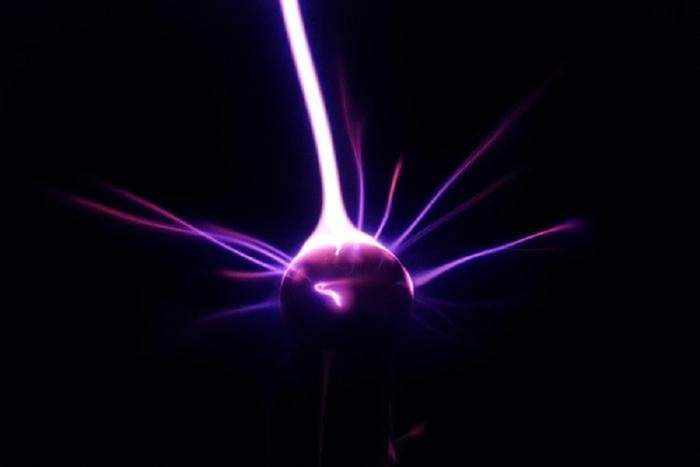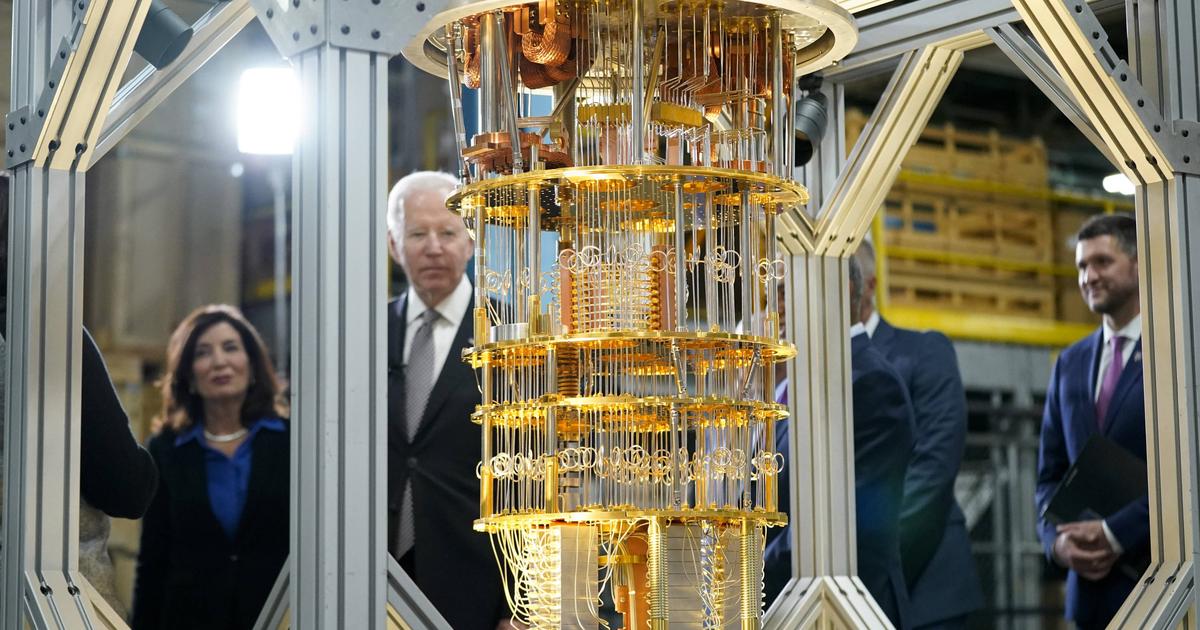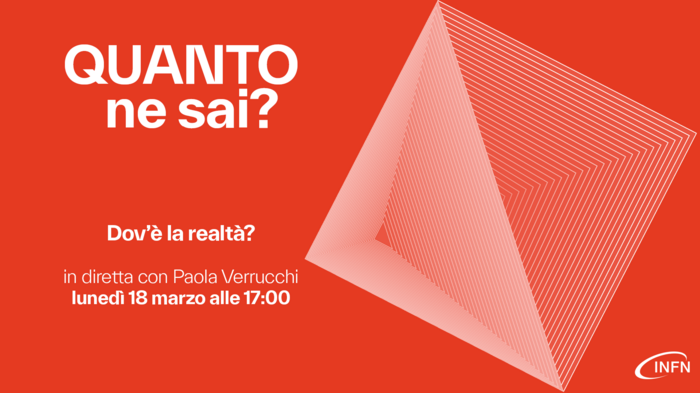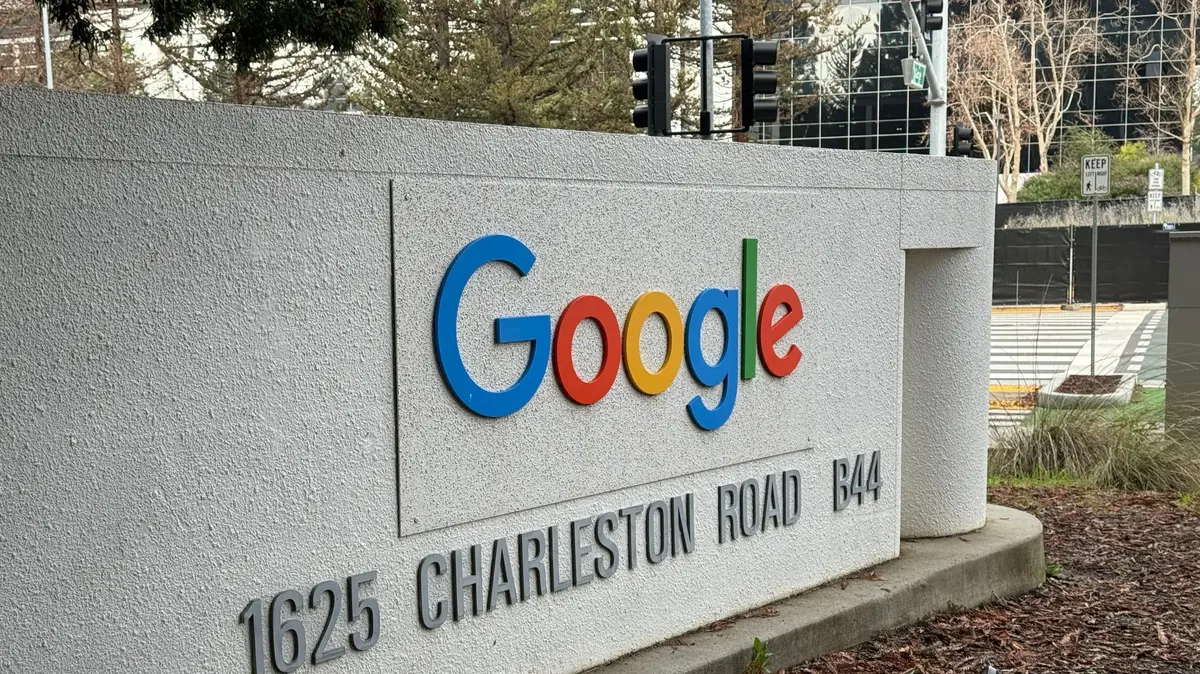SPIEGEL : Mr. Calarco, Google has achieved quantum supremacy with a quantum computer. What does that mean?
Tommaso Calarco : For the first time, a quantum computer has calculated something that no classic computer can calculate. This shows that we can even build machines that are completely beyond what is possible with classic supercomputers.
SPIEGEL : How is this proven?
Calarco : The quantum computer solves a mathematical problem. Then one tries to calculate the same result with a supercomputer. With a few qubits - the quantum computer counterpart to the bit - that still works. But if the problem gets bigger, the supercomputer will not keep up with it at some point. Unfortunately, this was a completely abstruse mathematical problem with no practical use. It was designed to show that the quantum machine can do something that a normal computer can not do. Even many experts do not understand this anymore. But that's exactly what I find exciting: this is a result of basic research.
SPIEGEL : The scientific paper in the journal "Nature" is celebrated as a sensation. What was your first reaction?
Calarco : Great that it finally happened! Just a few years ago, it seemed impossible that we would reach this point so quickly. This is really a great scientific result. Google has succeeded in doing a masterpiece.
SPIEGEL : IBM has published a paper to match the "Nature" publication, according to which the Google problem could well be simulated on a classic supercomputer.
Calarco : These are just theoretical considerations that do not change anything fundamental to the statement of Google's paper. IBM's simulation would take up a lot of storage space, several dozen petaybugs. And yet it would be hundreds of times slower and energetically inefficient than Google's quantum computer. And if she only had to calculate a few qubits more, the comparison would not work anyway. That's all interesting, but only as part of the scientific debate.
SPIEGEL : Do I have to worry about being a normal computer user? Has encryption become worthless? Will we soon be dominated by overpowering computers?
Calarco : No, we have nothing to fear - and nothing to celebrate outside of science. This overpowering computer is practically useless and interesting only to scientists. With it you will not be able to crack codes or solve other useful problems. That would require quantum computers with thousands upon thousands, if not hundreds of thousands of qubits. The Google machine has but just over 53. This is an incredibly beautiful, engineering performance. But for practical applications too little.
SPIEGEL : How does it turn into something useful?
Calarco : The problem is scalability. Only when we have enough qubits with sufficiently good quality will we be able to make really useful calculations. The next milestone is therefore the eternal qubit. This means that a few imperfect qubits are produced for which qubits are arbitrarily precise. Then comes the combination of as many as possible error-corrected qubits. And once we have fifty, a hundred, a few hundred of them, we're in business. Then we can do the first useful material science and quantum chemical calculations.
SPIEGEL : How long will that take?
Calarco : We expect the first error-corrected qubits in the next few years. Experiments are already running. Their combination should work in ten to what would be more realistic for 20 years. If we do not manage that by then, it would be a sign that we do not have what it takes.
research center Julich
Cryostat for the quantum computer in Jülich - in which quantum chips are cooled to minus 273.13 degrees
DER SPIEGEL : That is, it is not at all certain that quantum computers ever leave the lab? What would then be left over from the quantum dream?
Calarco : Oh, a lot would be left! The quantum dream is not just quantum computing. These include quantum communication, quantum simulations that do without error correction, and most importantly, quantum sensors. This enables ultra-precise measurements in medical diagnostics and ultra-precise time measurements for navigation. Such topics are pushed into the background in the discourse of Google and other companies. But they can make an important contribution to society.
SPIEGEL : You're not just saying that because Europe happens to be strong in this area, is not it?
Calarco : Firstly, the national quantum strategies of the USA, Japan and Great Britain also rely on all these components. Secondly, in Europe we are not only strong in quantum simulation and quantum sensing, but also in quantum computing. We do not use superconducting qubits such as Google or IBM, but we already work with ion qubits, for example. Europe has its nose in the lead.




